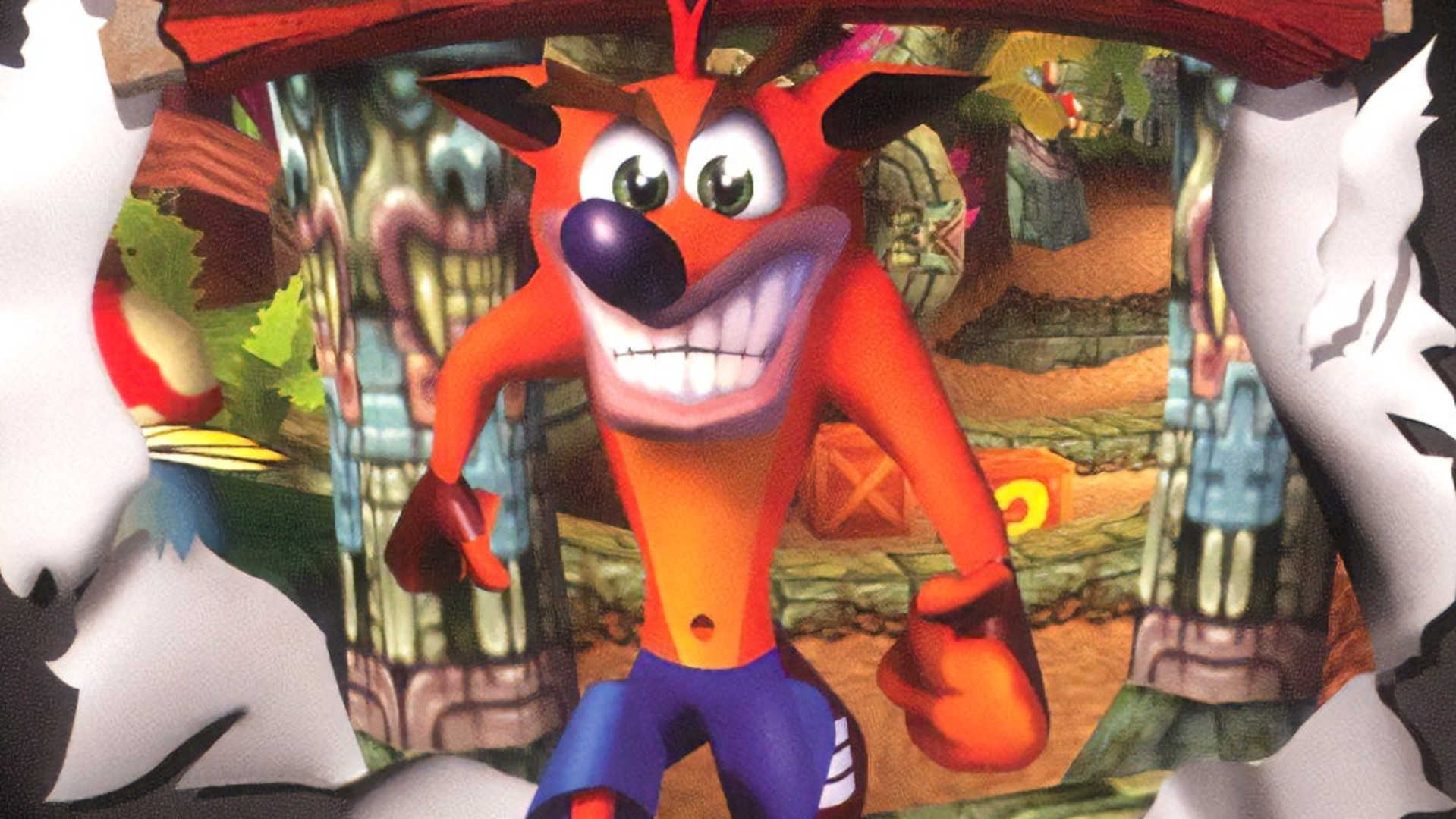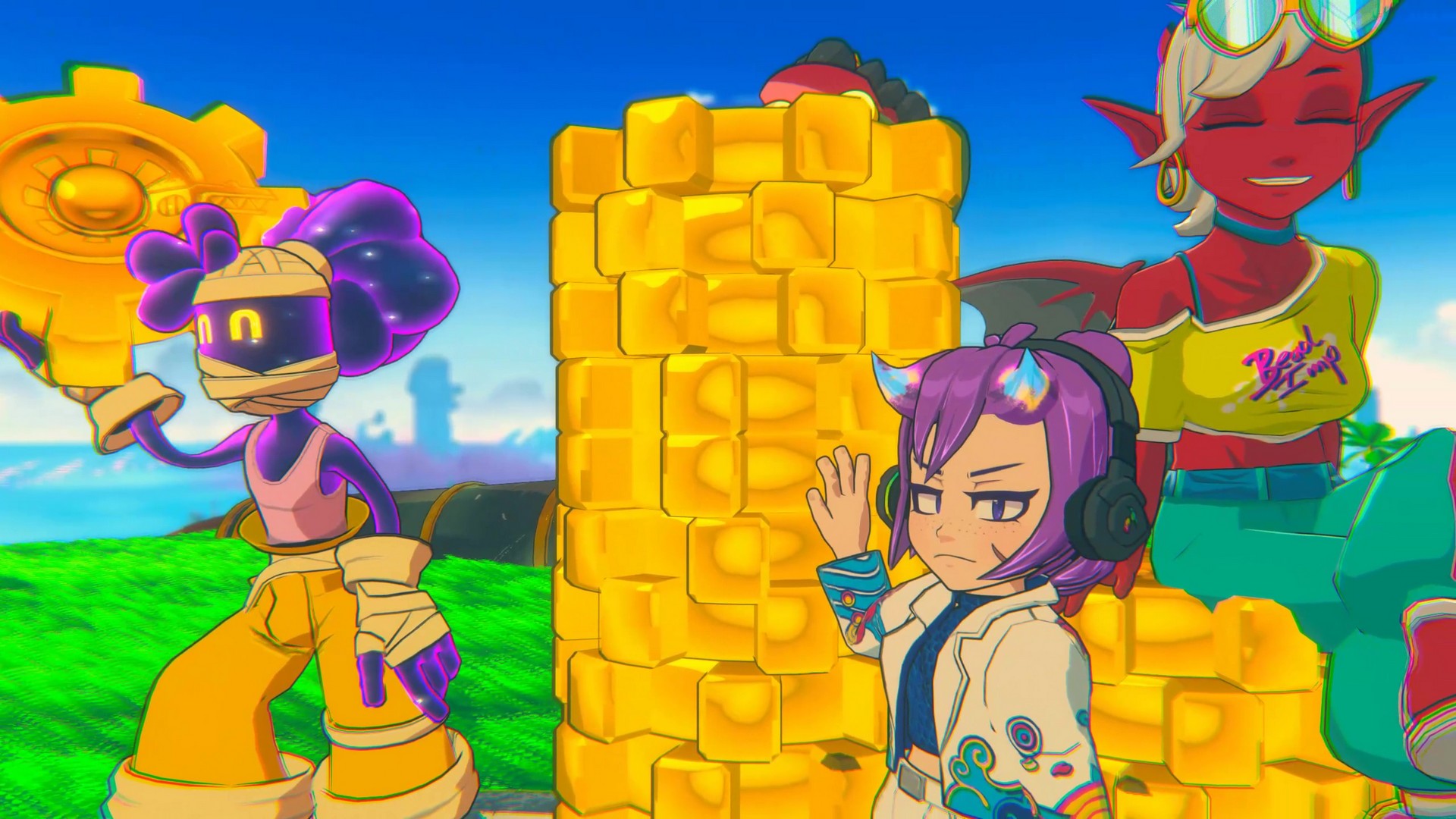PlayStation immediately outperformed Nintendo and Sega in Europe at launch because neither had a "consistent marketing strategy," and Sony "didn't say no to things"
PlayStation made life easier for developers, too

Weekly digests, tales from the communities you love, and more
You are now subscribed
Your newsletter sign-up was successful
Want to add more newsletters?

Every Friday
GamesRadar+
Your weekly update on everything you could ever want to know about the games you already love, games we know you're going to love in the near future, and tales from the communities that surround them.

Every Thursday
GTA 6 O'clock
Our special GTA 6 newsletter, with breaking news, insider info, and rumor analysis from the award-winning GTA 6 O'clock experts.

Every Friday
Knowledge
From the creators of Edge: A weekly videogame industry newsletter with analysis from expert writers, guidance from professionals, and insight into what's on the horizon.

Every Thursday
The Setup
Hardware nerds unite, sign up to our free tech newsletter for a weekly digest of the hottest new tech, the latest gadgets on the test bench, and much more.

Every Wednesday
Switch 2 Spotlight
Sign up to our new Switch 2 newsletter, where we bring you the latest talking points on Nintendo's new console each week, bring you up to date on the news, and recommend what games to play.

Every Saturday
The Watchlist
Subscribe for a weekly digest of the movie and TV news that matters, direct to your inbox. From first-look trailers, interviews, reviews and explainers, we've got you covered.

Once a month
SFX
Get sneak previews, exclusive competitions and details of special events each month!
In the mid-'90s, the Sony PlayStation managed to dominate the home console market both quickly and effectively, especially in Europe. Previous leaders Nintendo and SEGA started playing second fiddle quite quickly, and in hindsight, the reasons are plain to see, according to former top brass.
Chris Deering, president of Sony Computer Entertainment Europe for the PlayStation's launch, remembers that their supposed rivals just weren't as steady on their feet. He saw large opportunities, especially outside of the United States.
"Nintendo and Sega had been using distributors, and they didn't have a consistent marketing or communications strategy. So, I told [my bosses] I think we can be as big as the US in Europe," he told The Game Business.
The job became organizing PlayStation offices in every country, home bases in every region to represent the brand. Deering worked with the then International Finance Officer and president-to-be, Jim Ryan, on getting everything in place.
"We had presence in UK, France, Germany, Italy, Spain, Benelux, Austria, Switzerland, Ireland, Scandinavia; the list goes on and on, and nobody else had that to that degree at the time," Ryan says. "We paid attention to Europe in a way that I don’t think any of the incumbents did at the time. Even with practical things like localization."
The Sony MO became dedicated audience understanding and execution. Advertising campaigns were built for European and British players, using data and feedback on what they specifically resonated with.
Senior producer Martin Alltimes doubles down on this, acknowledging the local infrastructure. "For Sega and Nintendo, [game developers] had to go to Japan and you had to have people who could speak Japanese. We had development support in every territory," he adds.
Weekly digests, tales from the communities you love, and more
"Also, we didn't say no to things. We had third-party approvals, but that was largely to do with maintaining standards in terms of packaging and making sure that the products could pass QA. In terms of the actual content, we weren't restrictive."
Nintendo remains tricky to develop for, but back in the days of NES, SNES, and Nintendo 64, it was infamously tough to get a game on its platforms. There were numerous restrictions and rules for doing so. PlayStation never went that far, allowing it to outdo the prior console war combatants with ease.

Anthony is an Irish entertainment and games journalist, now based in Glasgow. He previously served as Senior Anime Writer at Dexerto and News Editor at The Digital Fix, on top of providing work for Variety, IGN, Den of Geek, PC Gamer, and many more. Besides Studio Ghibli, horror movies, and The Muppets, he enjoys action-RPGs, heavy metal, and pro-wrestling. He interviewed Animal once, not that he won’t stop going on about it or anything.
You must confirm your public display name before commenting
Please logout and then login again, you will then be prompted to enter your display name.


